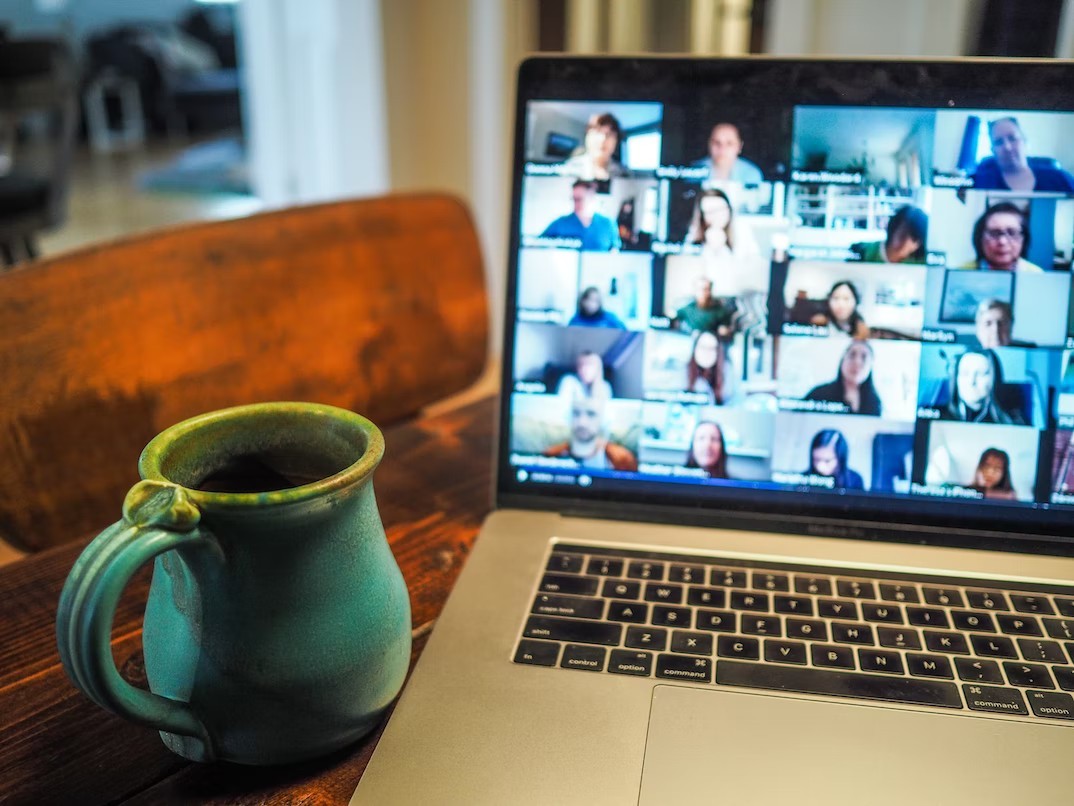In the journey of recovery from drug addiction, it is essential to acknowledge and celebrate the diversity of individuals affected by this challenge. By recognizing and embracing our differences, we can break down the stigma and bias surrounding addiction. This article explores the significance of understanding addiction as a symptom of distress, and how fostering an inclusive and accepting environment can empower individuals on their path to recovery. Through this lens, we aim to inspire compassion, promote empathy, and create a sense of unity within South African communities.
Understanding Addiction as a Symptom
Addiction is often a manifestation of underlying distress caused by various circumstances and environments. By reframing addiction as a symptom rather than a moral failing or character flaw, we can cultivate empathy and understanding. Recognizing that each individual’s struggles are unique allows us to address the root causes of addiction, such as trauma, mental health issues, or social inequities.
Breaking Stigma through Education
Education plays a pivotal role in dispelling misconceptions and challenging societal stigmas surrounding addiction. By sharing accurate information and personal stories, we can humanize the experiences of those affected by addiction and combat stereotypes. Education empowers us to confront bias, promote empathy, and foster an environment of inclusivity and support.
Quotes from Famous Authors
- Maya Angelou: “It is time for parents to teach young people early on that in diversity there is beauty and there is strength.”
- Nelson Mandela: “No one is born hating another person because of the color of their skin, their background, or their religion. People must learn to hate, and if they can learn to hate, they can be taught to love, for love comes more naturally to the human heart than its opposite.”
Celebrating Diversity in Recovery
- Cultural Sensitivity: Recognize and respect the diverse cultural backgrounds of individuals in recovery. Acknowledge the impact of cultural norms, beliefs, and practices on addiction and recovery processes. Promote a safe and inclusive space where all cultural identities are embraced and celebrated.
- Intersectionality: Understand that individuals may face multiple forms of discrimination and marginalization based on factors such as race, gender, sexuality, or socioeconomic status. Recognize the unique challenges these individuals may encounter and provide support that addresses their specific needs.
- Inclusive Language: Use inclusive and non-stigmatizing language when discussing addiction and recovery. Avoid judgmental terms and derogatory labels that perpetuate stigma. Promote open dialogue that encourages individuals to share their experiences without fear of judgment or discrimination.
- Community Support: Foster a sense of community and support by actively engaging in initiatives that promote diversity and inclusivity. Support local organizations, events, and programs that strive to break down barriers and address the unique challenges faced by individuals in recovery.
- Collaborative Approach: Embrace a collaborative approach that involves people in recovery, their families, healthcare professionals, and community leaders. Encourage dialogue and active participation in decision-making processes to ensure diverse perspectives are heard and valued.
Promoting Inclusivity and Empathy
| Strategies for Promoting Inclusivity and Empathy |
|---|
| Education and Awareness Campaigns |
| – Launch educational campaigns to raise awareness about drug addiction, dispel misconceptions, and challenge stigmatizing beliefs. Utilize various mediums such as social media, workshops, and community events to reach a wider audience and encourage dialogue. |
| Training for Healthcare Professionals |
| – Provide specialized training for healthcare professionals to enhance their understanding of cultural competence, sensitivity, and the unique needs of diverse populations in addiction treatment. This equips them with the necessary tools to provide inclusive and empathetic care. |
| Supporting LGBTQ+ Communities |
| – Address the specific challenges faced by LGBTQ+ individuals in addiction recovery. Promote LGBTQ+-inclusive treatment programs, establish support groups, and provide resources tailored to their needs. Creating a safe and affirming space encourages individuals to seek the help they require. |
Stay Informed
- Collaboration with Community Organizations: Collaborate with community organizations, including religious institutions, local businesses, and advocacy groups, to create programs and initiatives that address addiction-related stigma and promote inclusivity.
- Involvement of Family and Friends: Engage family members, friends, and loved ones in the recovery process. Educate them about addiction, equip them with knowledge on supporting their loved ones without judgment, and emphasize the importance of creating a supportive environment.
- Access to Culturally Appropriate Resources: Ensure that individuals from diverse backgrounds have access to culturally appropriate resources, such as translated materials, support groups in different languages, or culturally sensitive counseling services.
FAQs
- FAQ 1: Can acknowledging diversity really make a difference in breaking stigma and bias? Answer: Yes, acknowledging diversity is a powerful tool in breaking stigma and bias. Embracing different experiences and perspectives helps foster understanding, empathy, and compassion, leading to more inclusive and supportive environments for those seeking addiction recovery.
- FAQ 2: How can I confront my own biases and become more empathetic towards individuals struggling with addiction? Answer: Self-reflection is key. Be willing to examine your own biases and preconceived notions about addiction. Educate yourself about the realities of addiction, engage in open conversations, and practice empathy to create an environment of understanding and acceptance.
- FAQ 3: How can I contribute to creating an inclusive and empathetic community for individuals in recovery? Answer: Start by challenging stigmatizing language, educating others, and promoting open dialogue about addiction. Support organizations that provide inclusive resources and services. Treat individuals in recovery with respect, dignity, and kindness.
Embracing diversity and acknowledging differences is a crucial step in breaking the stigma and bias surrounding drug addiction. By implementing strategies such as education and awareness campaigns, specialized training for healthcare professionals, and support for marginalized communities, we can foster an inclusive and empathetic culture. Collaborating with community organizations, involving family and friends, and providing culturally appropriate resources further contribute to creating a supportive environment for individuals in recovery.
Let us celebrate diversity, challenge stigma, and work together to build a society that embraces every individual on their journey to a healthier, more fulfilling life.

